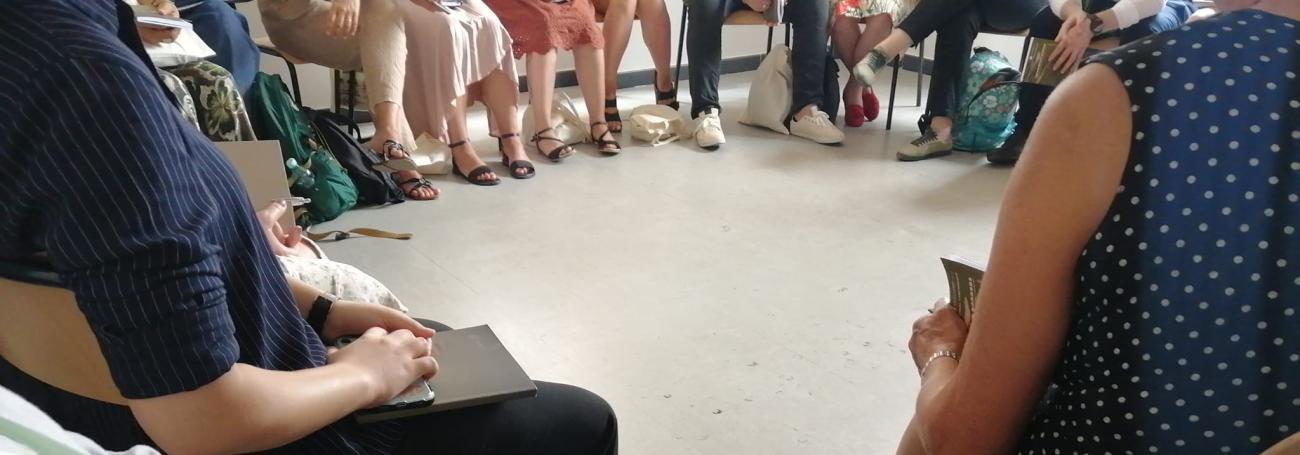
Currently, in Summer 2022, more than 100 EFRJ members are engaged in 4 Committees and 6 Working Groups. This means that at least 1 out of 4 members is actively committed to support the work of the EFRJ in its long-lasting objectives (Editorial Committee; Training Committee; Values and Standards Committee; Research Committee) and in its thematic initiatives in specific areas of application for restorative justice (Working Groups on Restorative Cities; Violent Extremism; Restorative Schools; Restorative Environmental Justice; Gender-Based Violence; Institutions).
We are thankful for the enthusiasm and commitment of our members, because in this way the EFRJ Secretariat (composed only by 4 full-time equivalents!) is constantly in touch with the needs coming from the field and is better prepared to respond to its main goal to further promote access to high quality restorative justice in Europe, and beyond.
Here you find 2 calls:
- to find new members to existing Committees (and renew the commitment of existing members who wish to continue their work), and
- to re-launch the topics of existing Working Groups whose mandates are coming to an end and/or to propose new Working Groups in other areas.
Keep in mind that the EFRJ Secretariat cannot follow up the work of more than 10-12 groups, thus it is possible that not all proposals will be considered at this stage. No worries though: this call is re-launched every two years!
The deadline to apply to both calls is 30 September 2022.

